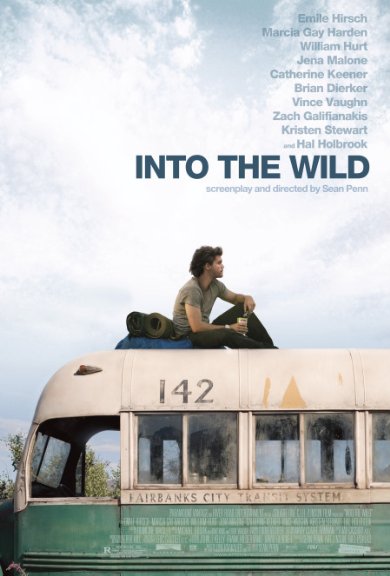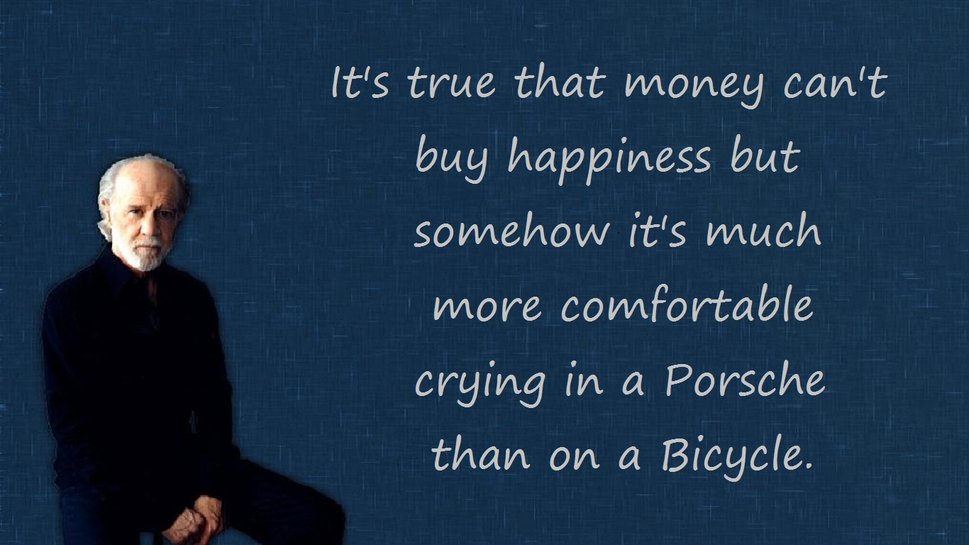One of the eternal quests of men is to discover the good life. The key to happiness, one would suppose, cannot be simple. What would the conclusions be of a 75-year study of the Good Life be? They must at the minmum fill a small library.
In what is now one of my favourite TED talks, Robert Waldinger summarises the takeaways in twelve minutes I need to eat my breakfast.
75 years of study
Waldinger is the director of the so-called Grant Study. In the longitudinal study, started 75 years ago, Harvard students starting university in the years 1939-1944 have been studied throughout their life. Every two years, research staff came to see them, asking them about health and illness, happiness and misery, career and love. Based on thousands of data points, the researchers got an in-depth understanding of how the health of these 268 men developed over life. The study included people running for senator (and one US President – guess and check at the end of the post if you were right!), doctors and lawyers, but also people who fell down hard from the top. And to ensure the findings wouldn’t be biased on different realities of the Harvard elite, the study early in its history was complemented by a survey of a sample of 456 inner city Boston boys.
Social relations for happiness and health
How did Waldinger summarise all these years of data in his twelve minutes? Simple: he pointed out how social relations are the key to our happiness and our health:
- Social connections are good for us – and loneliness kills. Social relations to friends, family and community are correlated with longer lives. And loneliness is toxic: it’s associated with earlier decline in health.
- Quality is king. Living in conflict is bad for health: high-conflict marriages without affection may even be worse than getting divorced. That doesn’t mean that everything goes smoothly: the typical bickering old-age couple isn’t too problematic, as long as both partners know they can rely on each other in case of need.
- Good relations protect our brain. If you want to predict the health of someone’s brain at age 80, data of their relationship satisfaction age 50 provide a good indication.
Is it really that simple?
If you’re a sceptic, I know what you’ll say reading this. First: how can we make judgements based on relatively small samples, of only 268 and 456 studies. Second: is there proof that this correlation means causation. If we study 10,000 instead of just over 700 people, are the effects the same? Thirdly: is the key to happiness this simple and obvious? Can it be reduced to, just, being a good person to your wife or husband?
The honest answer is: I don’t know. I haven’t conducted the research myself. I haven’t analysed the 10,000s of data points to come to these conclusions. The way I see it is that these conclusions, maybe more than anything, are good reminders to focus on the big picture from time to time as we frantically go from place to place and task to task, busy living our lives.
In two articles portraying the study in the Atlantic in 2009 and 2013, Waldinger’s predecessor as study lead George Vaillant presents a couple of other lessons. And again, these are quite obvious, or at least, they don’t come as big surprises:
- Alcoholism is destructive, and the number one cause of divorce.
- From a certain point, a higher IQ doesn’t affect incomes anymore
- A good relationship with your mother matters your entire life
- And: aging liberals have better sex lives (ok, maybe that one was actually less obvious!)
Tools to unravel the mystery of happiness
In our attempts to unravel the mystery of happiness, we use all kind of different tools, from spiritual retreats to decade-long surveys. Ultimately, even though happiness means different things for different people, probably the conclusion of most of these quite similar. In the words of Vaillant, when summarising his decades as leader of the study:
“Happiness is love. Full stop”
And who was the later US President who participated in the study? John F. Kennedy.




